(CLO) The international community is expecting a summit between Russian President Vladimir Putin and US President-elect Donald Trump in 2025 to improve tensions between the parties, thereby opening the first phase of the peace process in Ukraine. However, will this happen?
On January 10, Russian President's press secretary Dmitry Peskov said that Russia will not require "any conditions" for the meeting between President Vladimir Putin and US President-elect Donald Trump, only the desire and respect for the interests of each side is enough.
“President Vladimir Putin has repeatedly stated his openness to contacts with international leaders, including the US President and Mr. Trump personally. The president himself has repeatedly spoken about this issue… and there are no conditions, what is needed is a common desire and political will to conduct dialogue and resolve current issues through dialogue,” Peskov said.
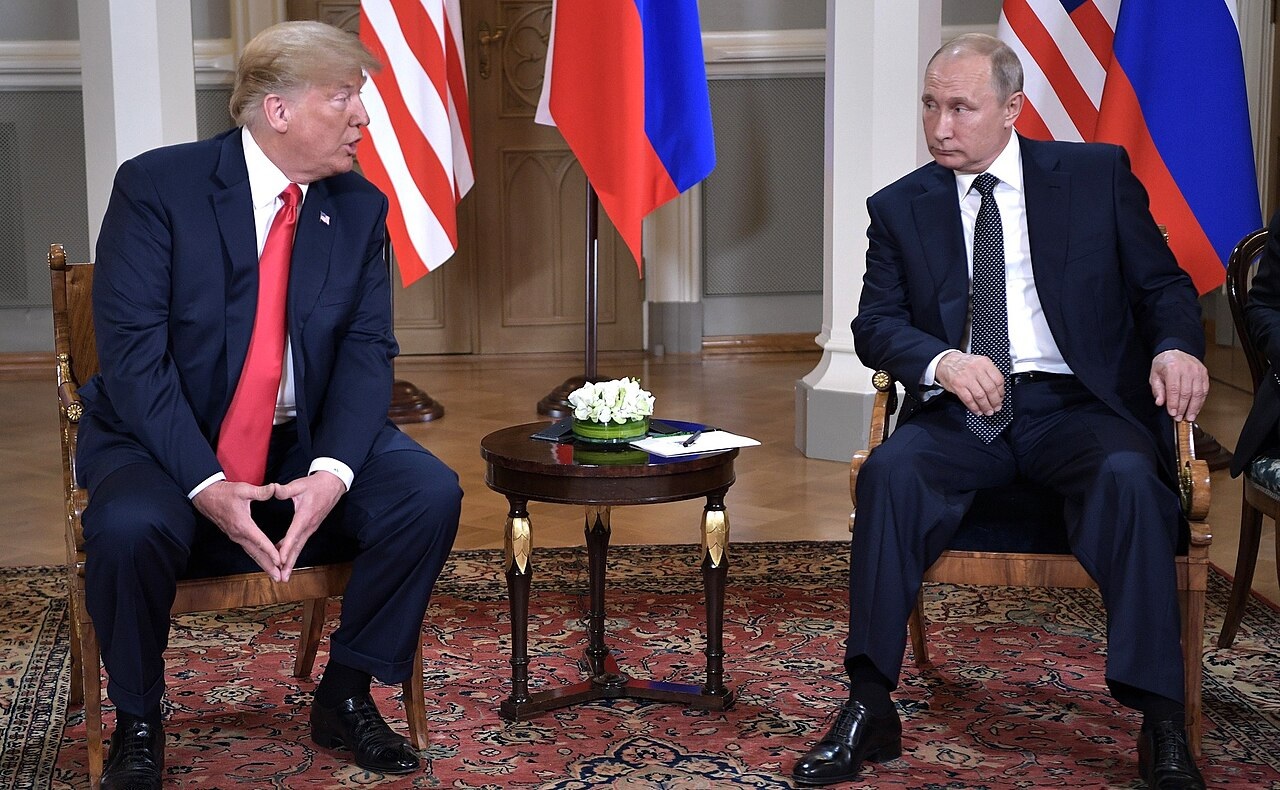
The US and Russian leaders meet at a summit in Helsinki, Finland, on July 16, 2018. Photo: Kremlin
At the same time, in a meeting with Republican governors, President-elect Donald Trump said he was holding a meeting with the Russian leader, but did not specify the time and place of the meeting. Previously, in a press conference on January 7, Mr. Trump affirmed that he would hold talks with Russian President Putin within 6 months of taking office.
President-elect Donald Trump and the Ukraine issue
News of a summit between the two leaders comes after the Financial Times (FT) reported on January 9 that European officials believe the Trump administration will continue to provide military and financial support to Ukraine. “The entire team of the incoming president wants to show strength and will maintain a tough approach to Ukraine,” the FT source said.
According to the FT, one of the reasons for this stance is the reluctance of President Trump and his close advisers to be judged weak, as was the case with current President Joe Biden after the US military withdrew from Afghanistan in August 2021.
The FT quoted Italian Prime Minister Giorgio Meloni as saying that President Trump had previously demonstrated his ability to combine diplomacy and restraint, implying that she did not think he would abandon his support for Kiev. In fact, Ms. Meloni met with President Trump and potential key members of his future foreign policy team on January 5 at his Mar-a-Lago estate in Florida.
On January 8, in an interview with Fox News, Keith Kellogg, who is expected to be the White House special envoy for Russia and Ukraine, said that President Donald Trump wants to quickly end the conflict. “I think that the leaders of Russia, the US and Ukraine will come to an acceptable solution in the near future. Perhaps in the first 100 days of the Trump administration,” Vedomosti quoted Keith Kellogg as saying.
At the same time, Keith Kellogg emphasized President Donald Trump’s support for Ukraine ahead of a possible summit with his Russian counterpart Putin. “President Trump is not trying to give anything to President Putin or the Russians, he is actually trying to save Ukraine and its sovereignty. Trump will ensure that there is an acceptable and fair agreement to end the crisis.”
According to Reuters, in late June 2024, Keith Kellogg and several key members of the future team developed and submitted to President Donald Trump the so-called “Ukraine plan”. According to this plan, Kiev can only continue to receive aid from the US if it agrees to participate in the negotiation process. The ceasefire conditions will be agreed upon based on the situation of the war at the time of the negotiation.
On September 11, 2024, appearing on the Shawn Ryan Show podcast, incoming US Vice President James Vance shared his views on resolving the Ukraine crisis. “I think President Donald Trump will say to the Ukrainians, the Russians, and the Europeans, you need to figure out what a peaceful solution looks like.”
According to James Vance, the conditions for a peaceful solution include a demarcation line between Ukraine and Russia that resembles a demilitarized zone; Ukraine would retain its sovereignty on the condition that Russia receives neutrality guarantees from Ukraine, meaning that Ukraine would not join NATO.
Cannot create a turning point
According to Ilya Kravchenko, Advisor to the Director of the Russian Institute for Strategic Studies (RISS), President Donald Trump's inclusion of negotiations as a tool in US policy towards Russia is a positive signal.
However, this is not enough to ensure positive changes in the relationship between the two countries. The reason is that regardless of the personal stance of the US President, sanctions and the US military apparatus still operate according to their own rules and are guided by the foreign policy planning body.
In fact, both Democrats and Republicans see Russia not as a partner, but as a top competitor. “Most Republicans criticize aid to Ukraine not for geopolitical reasons, but because of US financial interests,” expert Ilya Kravchenko emphasized.
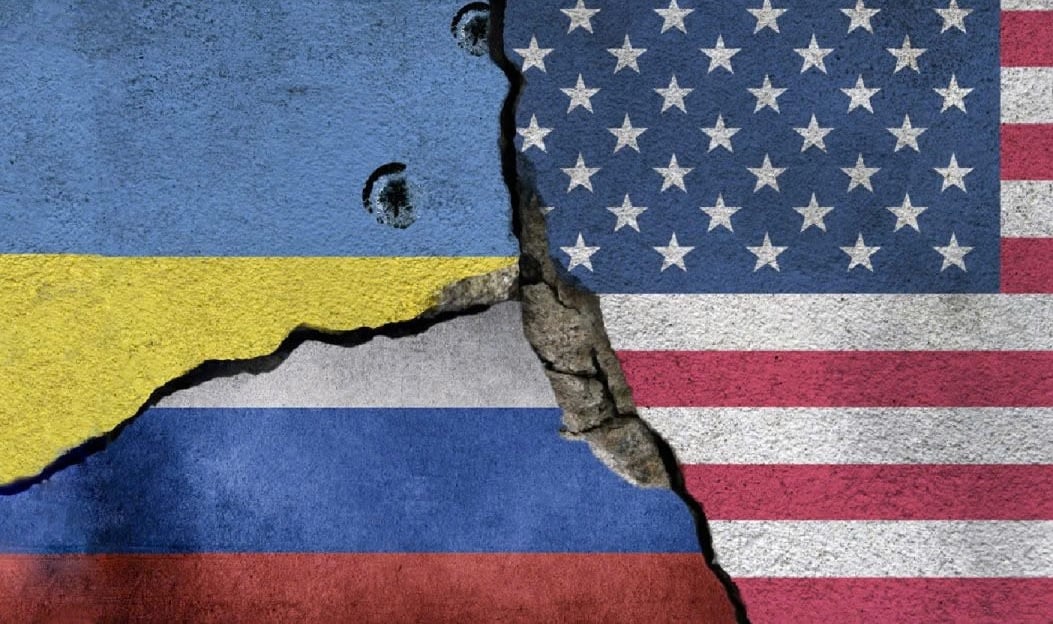
Illustration: GI
The reality is that Mr. Trump has yet to deliver anything beyond words, and even if implemented step by step, the nature of the commitments may be limited by many factors in US domestic and foreign policy.
Unlike outgoing President Joe Biden, Mr Trump is willing to engage directly with Russia, and this is the only difference in his diplomatic approach so far.
Dmitry Suslov, Deputy Director of the Center for Economic Research, Higher School of Economics (HSE), commented that Mr. Trump's desire to end the conflict in Ukraine is linked to maximizing US interests.
Mr. Trump will insist on a ceasefire agreement and then plan to start a broader negotiation process. The US may reject Ukraine's accession to NATO, but President Trump probably still wants to keep the country as an outpost of the alliance, continuing to strengthen military-technical relations with Kiev. Because of these differences, according to Dmitry Suslov, if negotiations between Presidents Trump and President Putin do take place, we should not expect a breakthrough from the two leaders to quickly end the conflict in Ukraine.
According to Dmitry Suslov, it is not excluded that Mr. Trump will continue to put pressure on Russia with new sanctions and expanded military assistance to Ukraine. In the first case, it could be additional restrictions on the Russian energy industry.
In the latter case, Mr. Trump would likely face many difficulties in increasing aid to Kiev; because a qualitative increase would threaten to escalate tensions in US-Russia relations, something Mr. Trump would certainly have to consider carefully.
Hung Anh
Source: https://www.congluan.vn/ky-vong-cuoc-gap-thuong-dinh-giua-hai-ong-trump-va-putin-se-tao-buoc-dot-pha-post330440.html



![[Photo] President Luong Cuong and King Philippe of Belgium visit Thang Long Imperial Citadel](https://vstatic.vietnam.vn/vietnam/resource/IMAGE/2025/4/1/cb080a6652f84a1291edc3d2ee50f631)
![[Photo] General Secretary To Lam receives King Philippe of Belgium](https://vstatic.vietnam.vn/vietnam/resource/IMAGE/2025/4/1/e5963137a0c9428dabb93bdb34b86d7c)
![[Photo] Prime Minister Pham Minh Chinh meets with King Philippe of Belgium](https://vstatic.vietnam.vn/vietnam/resource/IMAGE/2025/4/1/be2f9ad3b17843b9b8f8dee6f2d227e7)
![[Photo] Close-up of Vietnam's sniffer dog team searching for earthquake victims in Myanmar](https://vstatic.vietnam.vn/vietnam/resource/IMAGE/2025/4/1/d4949a0510ba40af93a15359b5450df2)

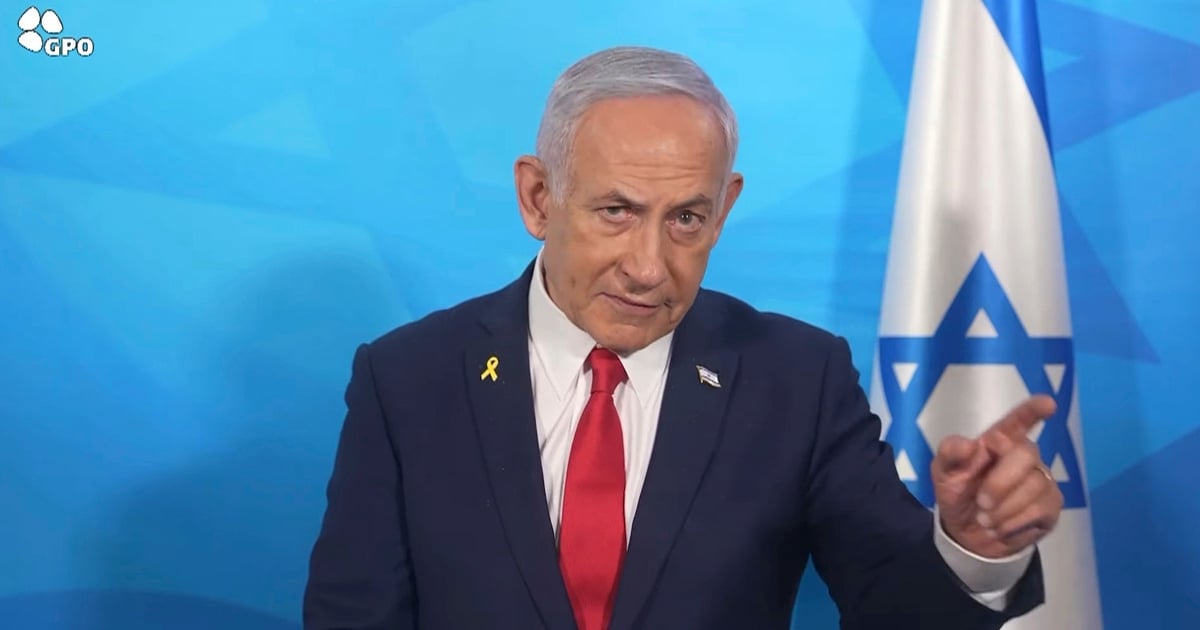

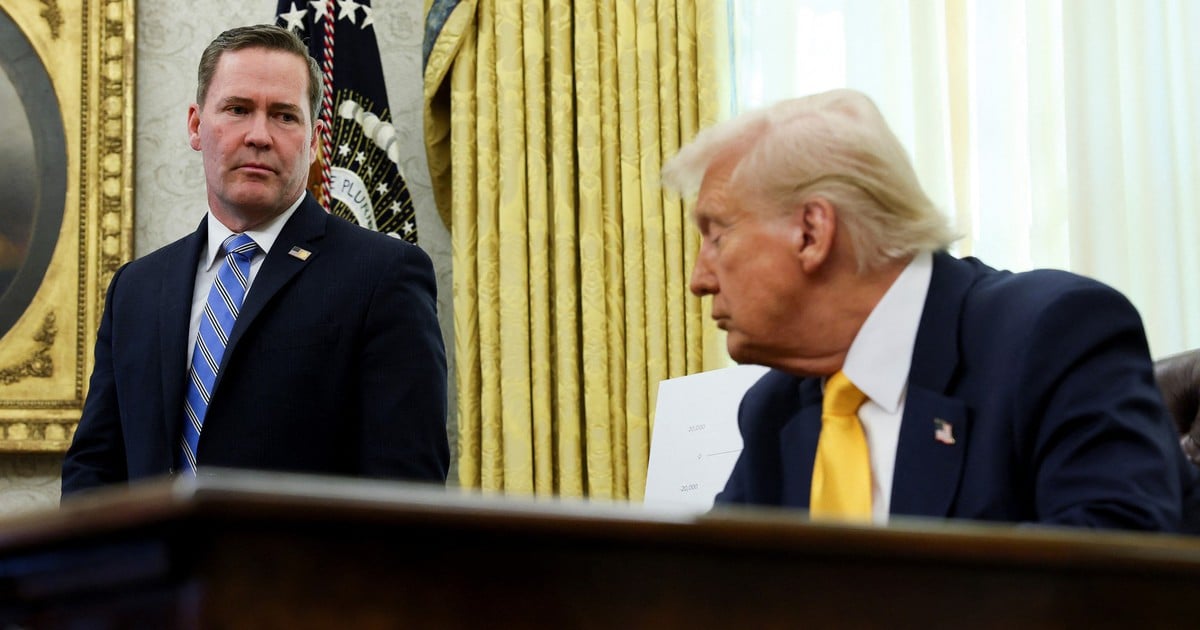
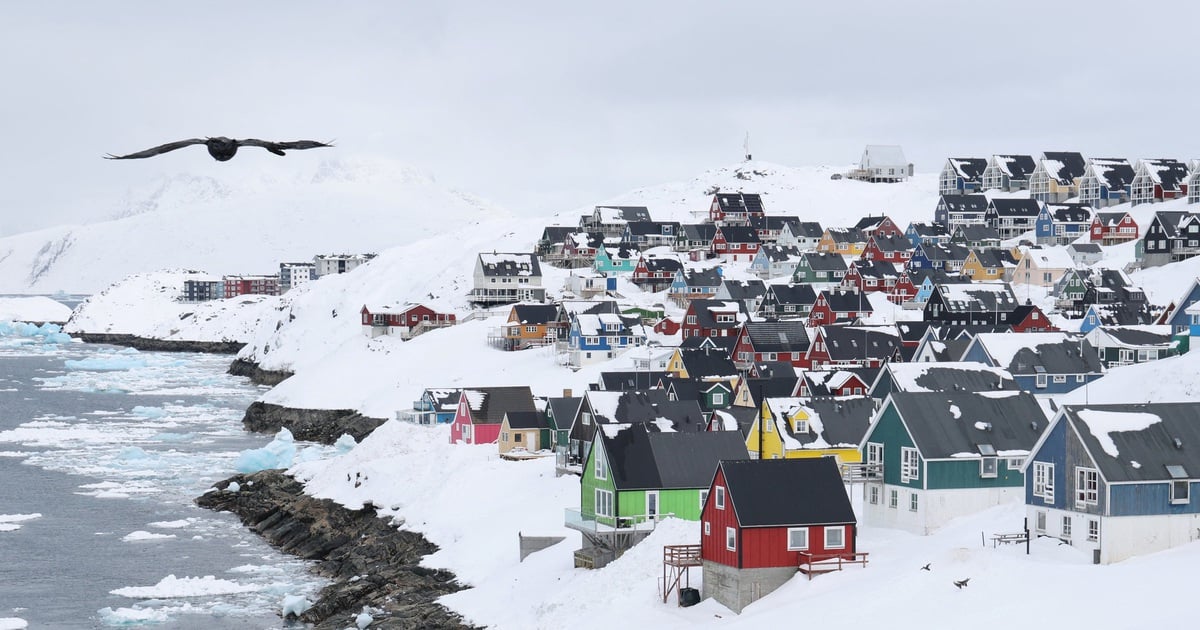
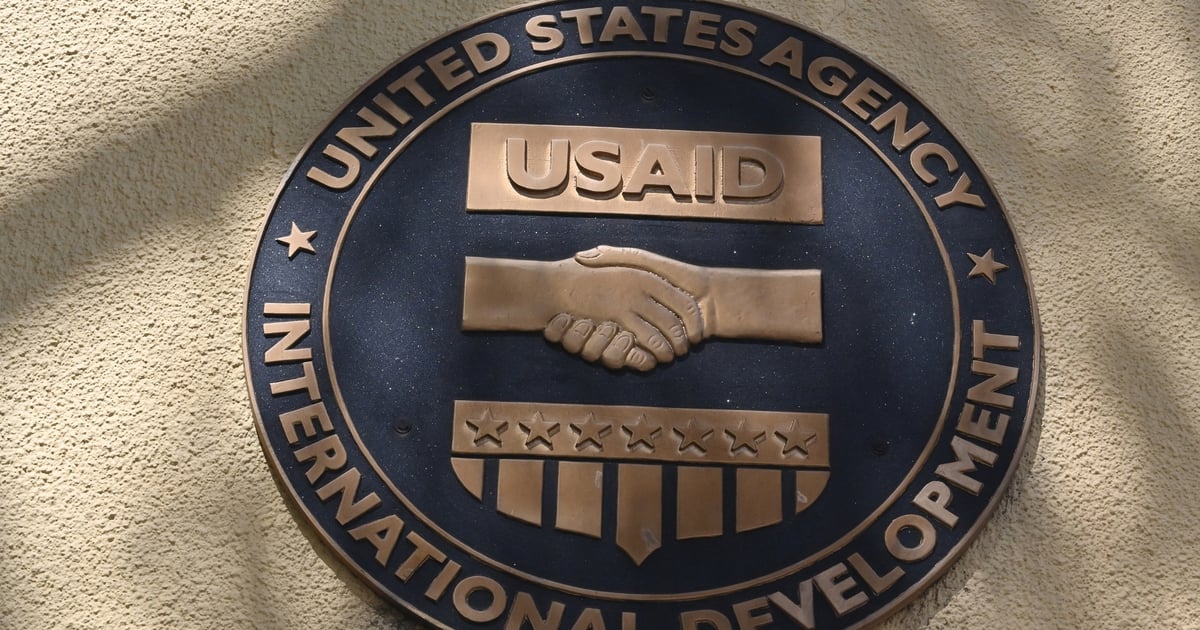
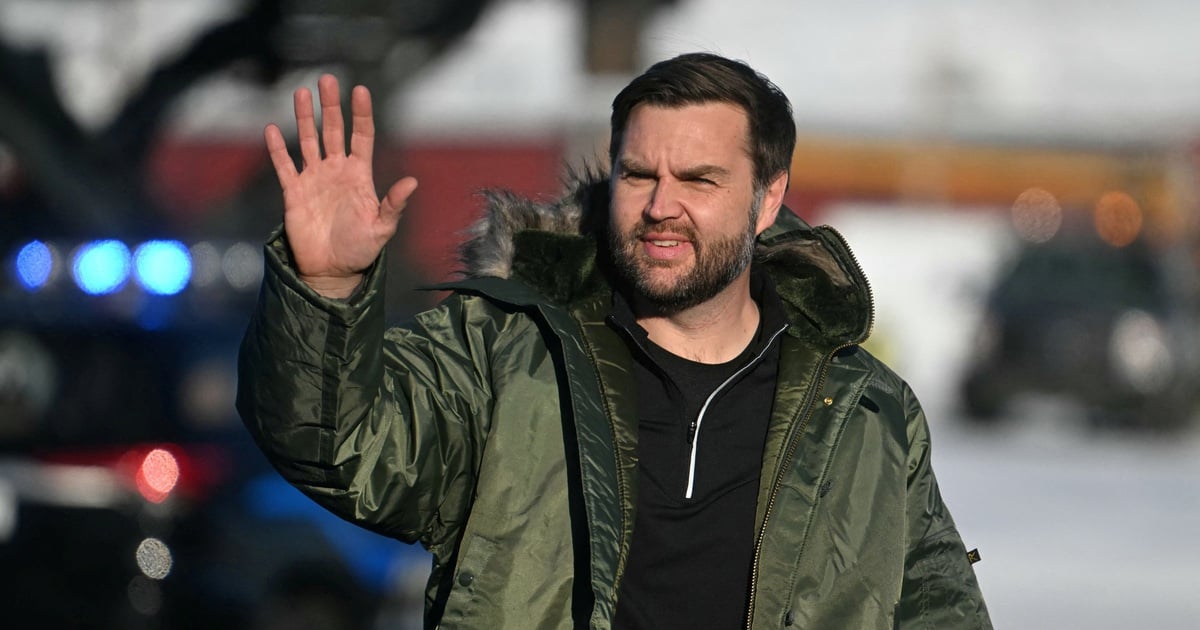
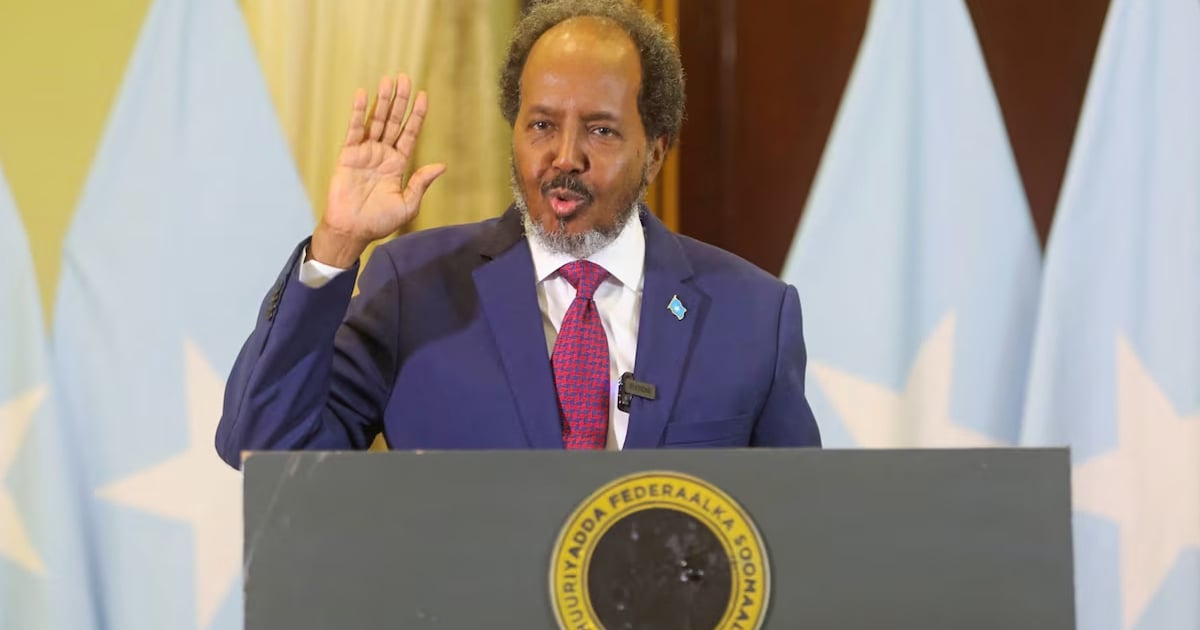
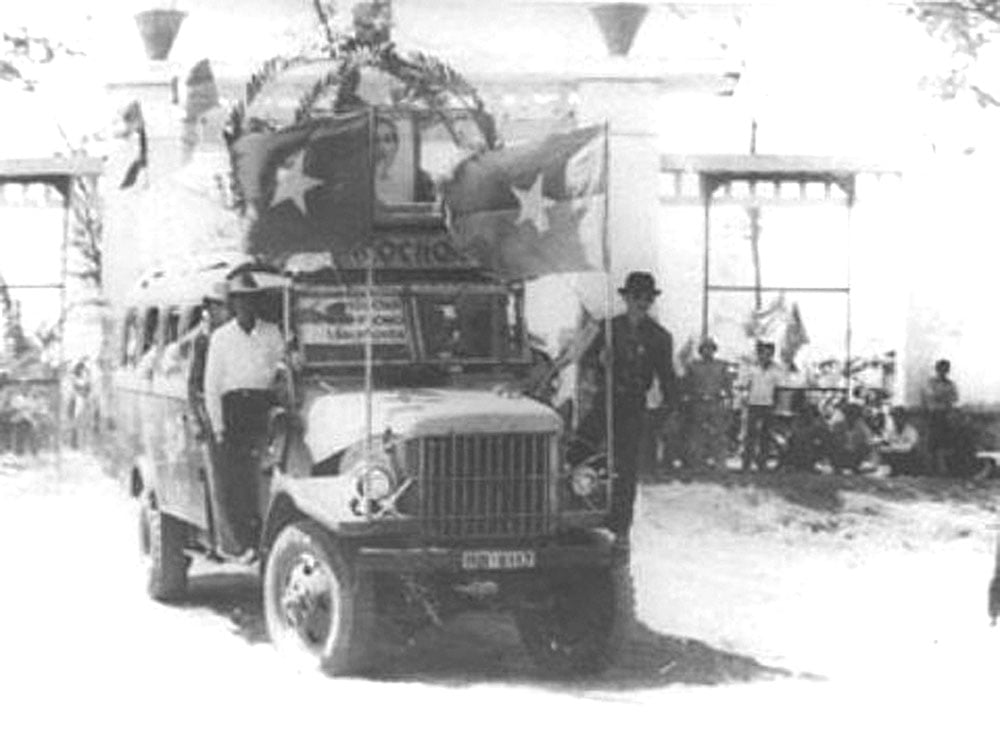

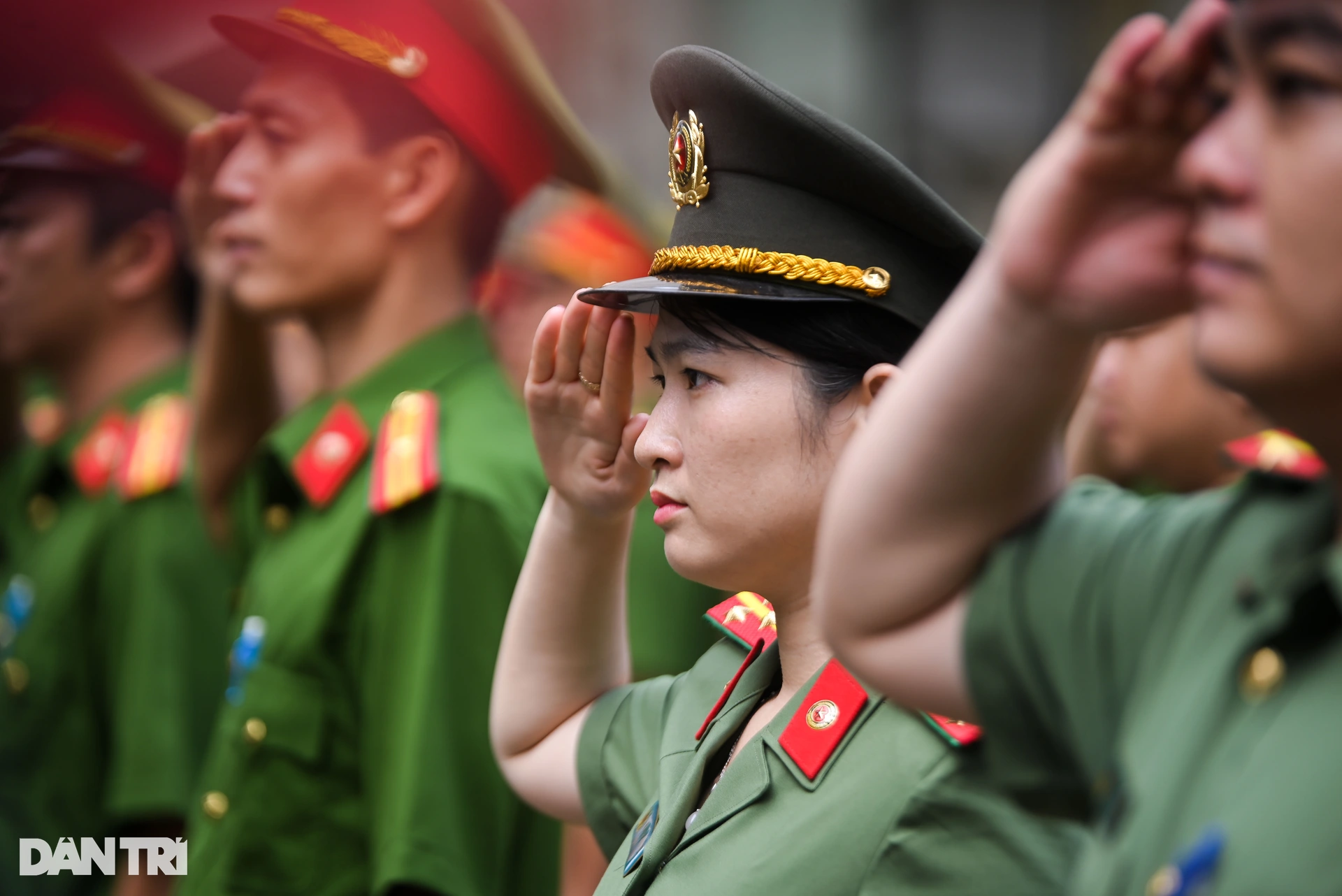
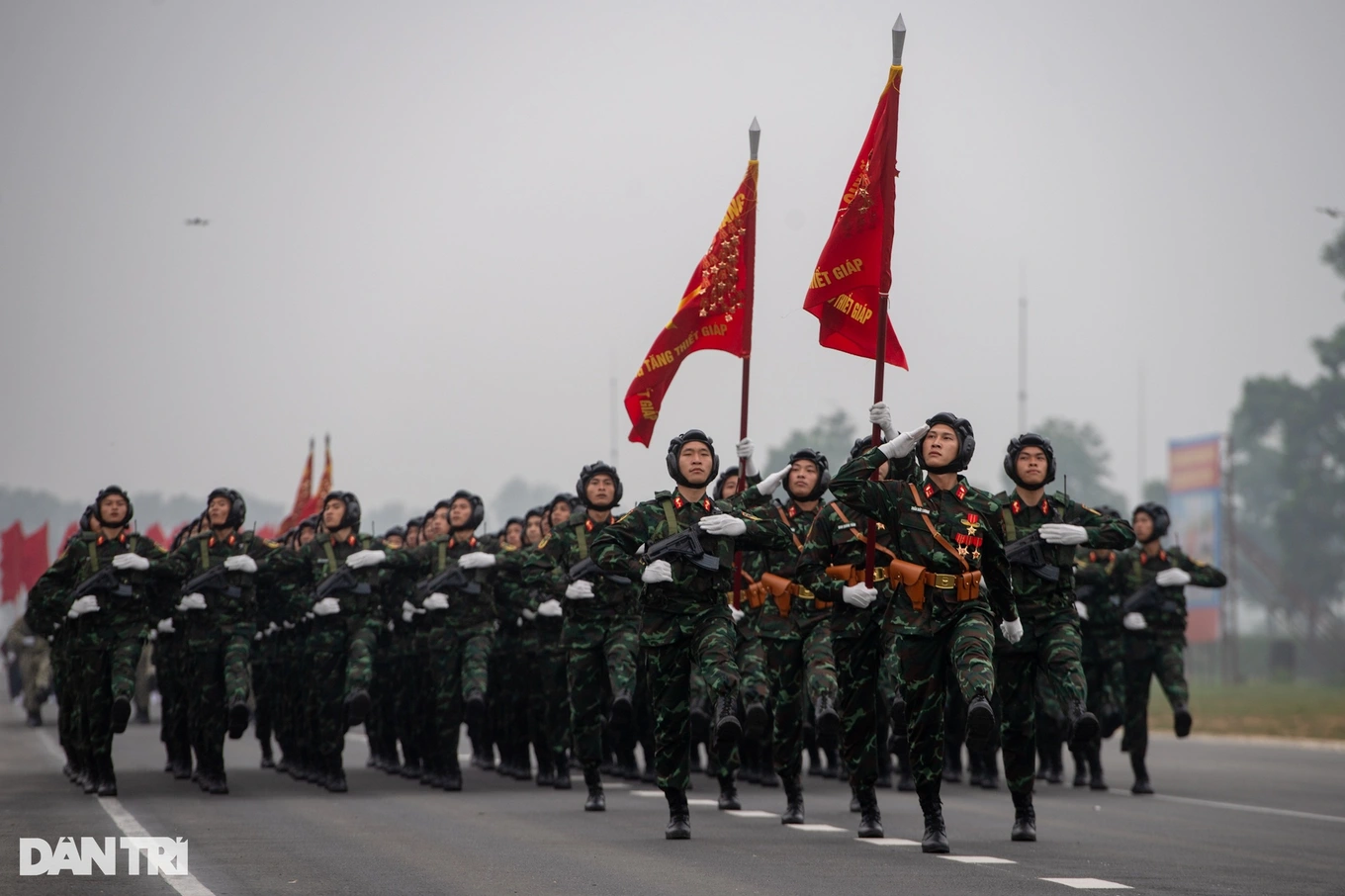
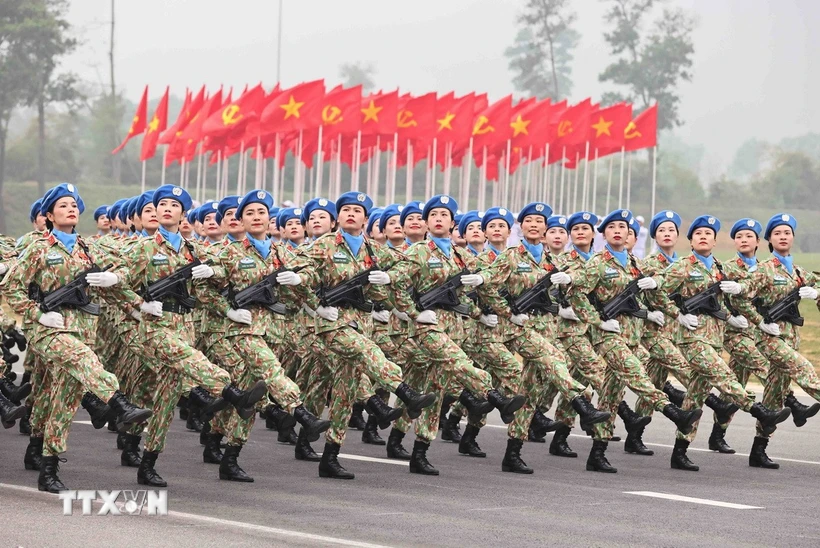
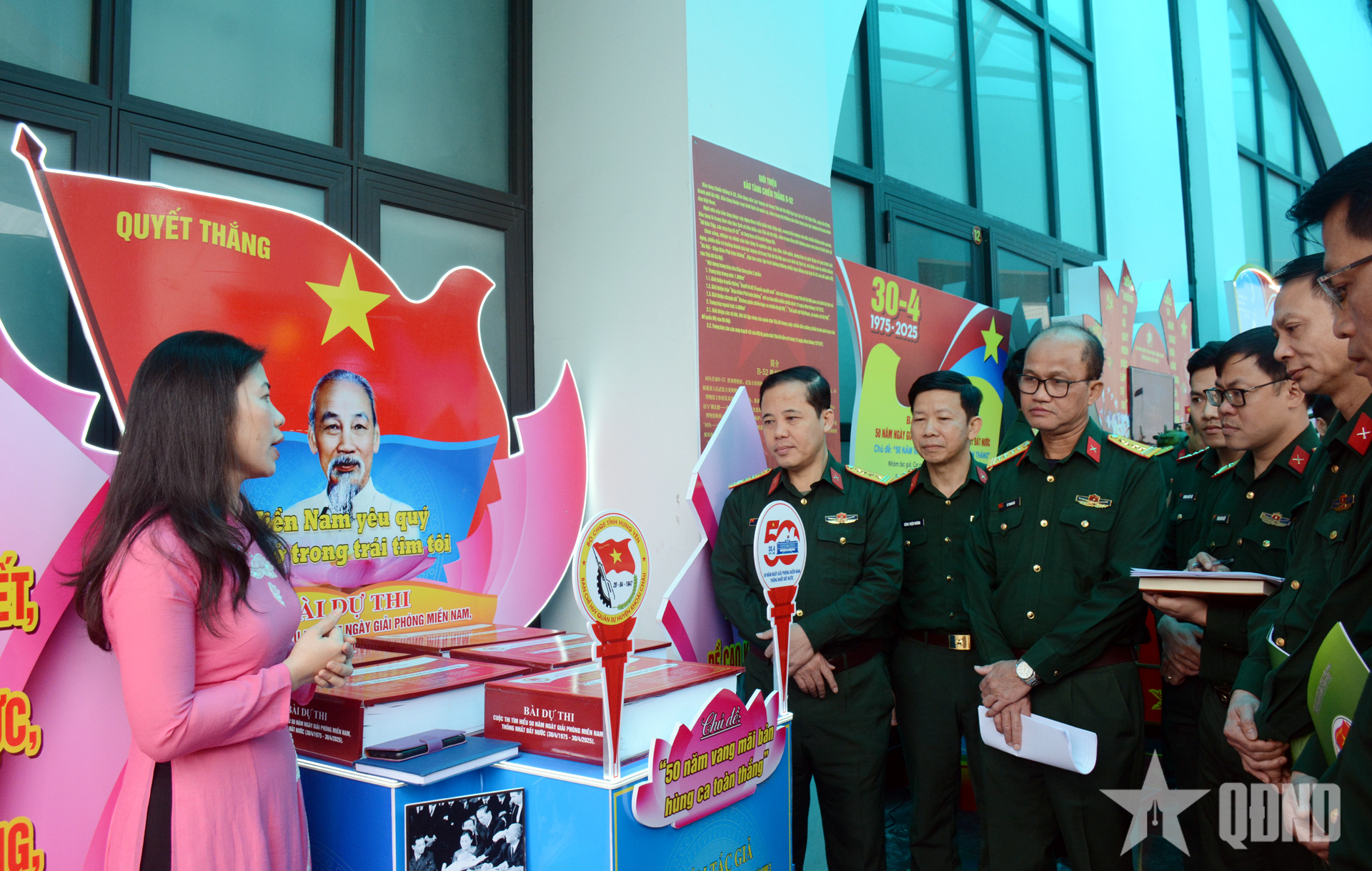





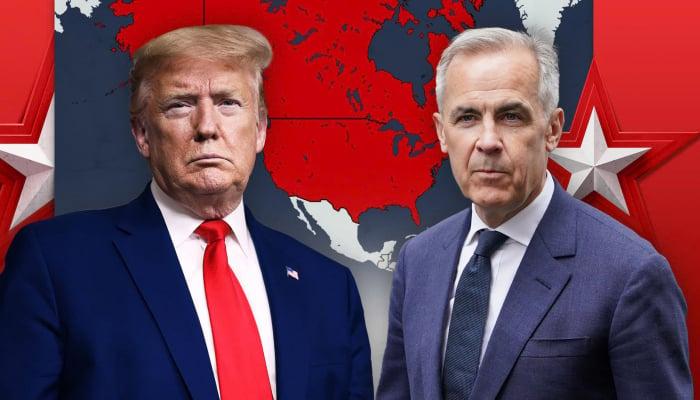
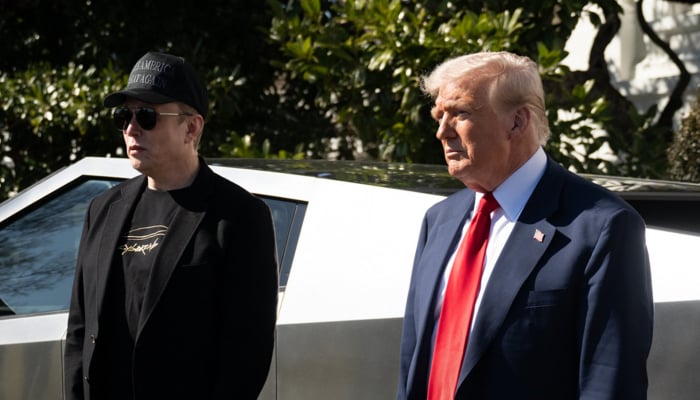
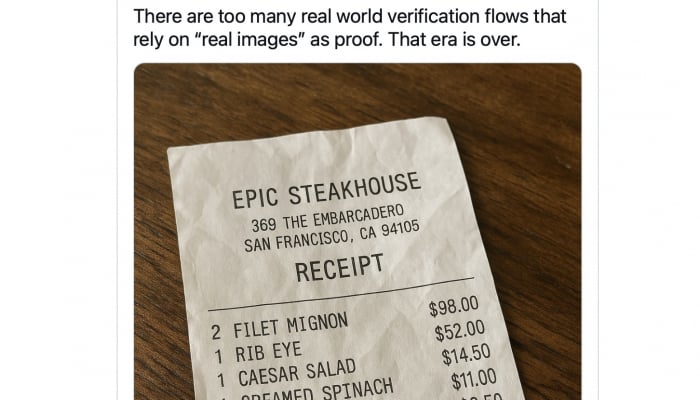
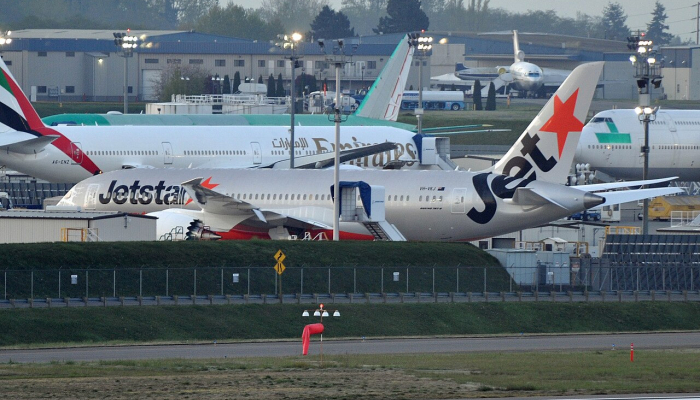
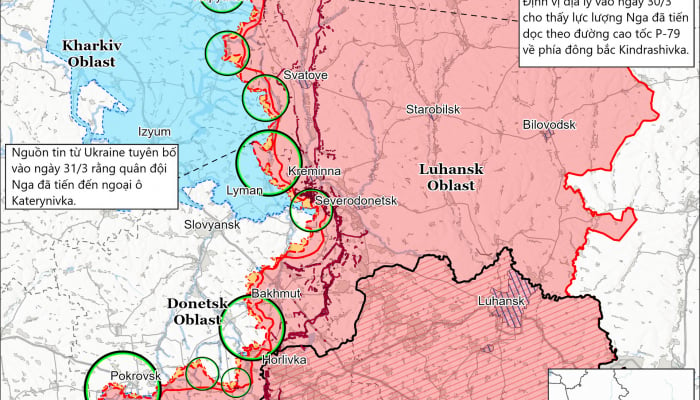
![[Photo] Myanmar's capital in disarray after the great earthquake](https://vstatic.vietnam.vn/vietnam/resource/IMAGE/2025/4/1/7719e43b61ba40f3ac17f5c3c1f03720)












































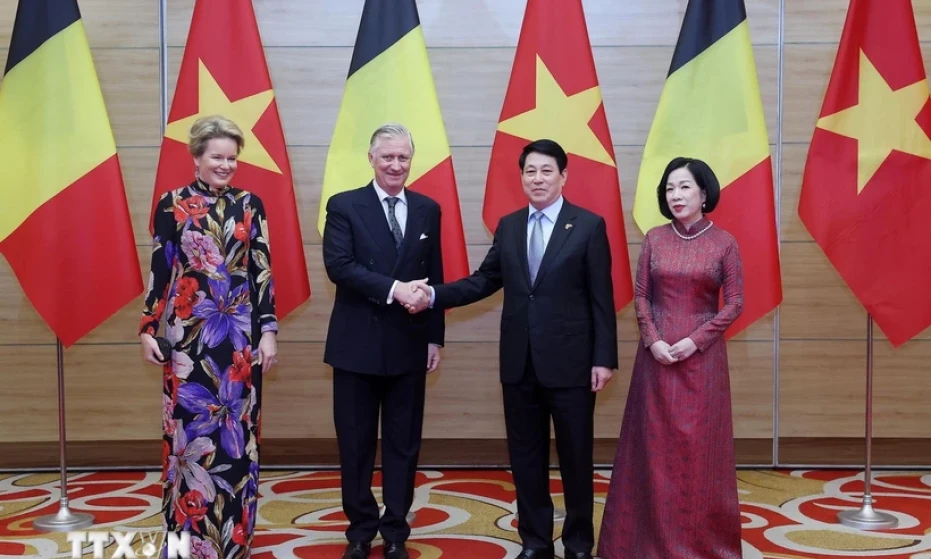




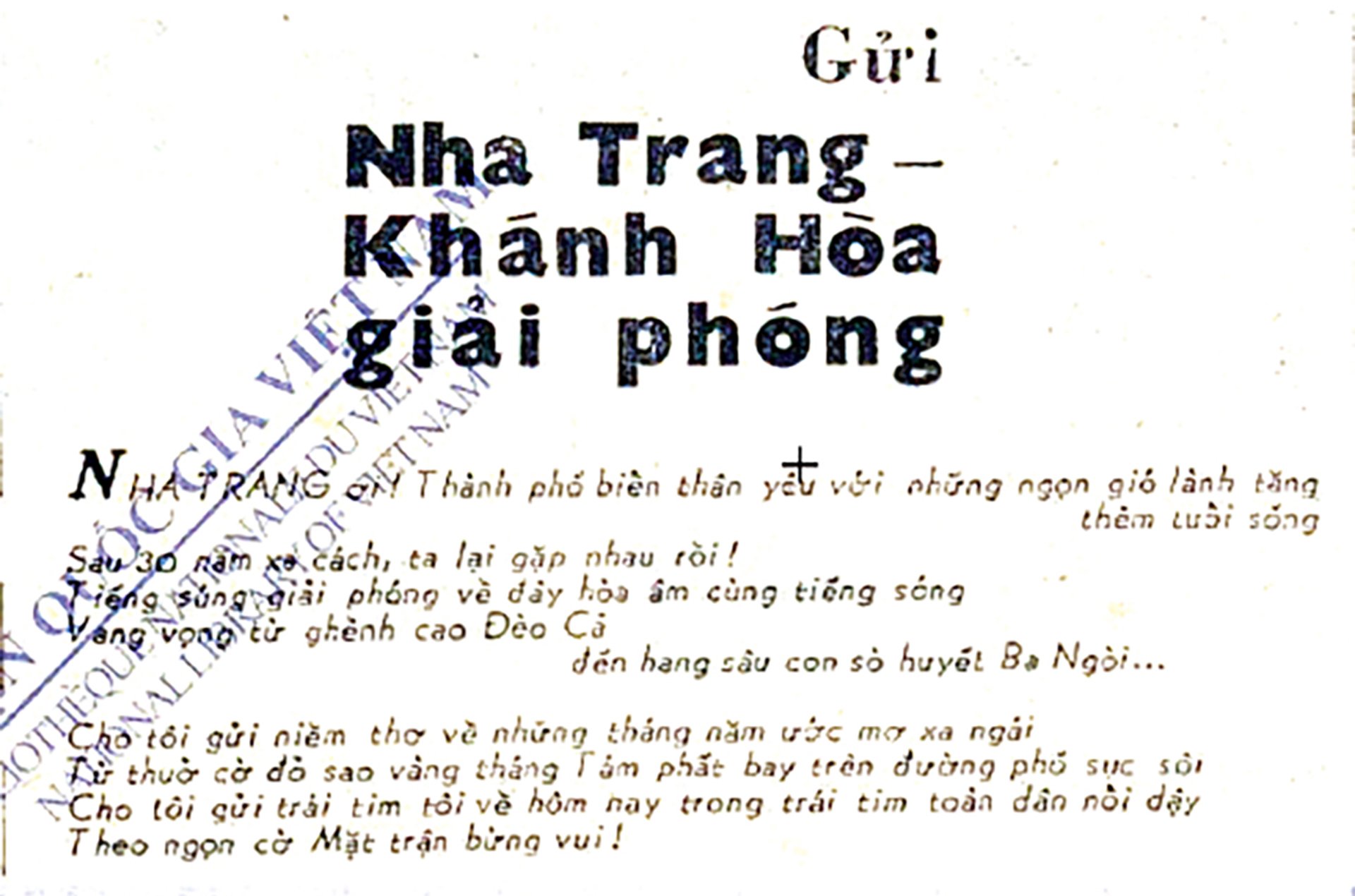

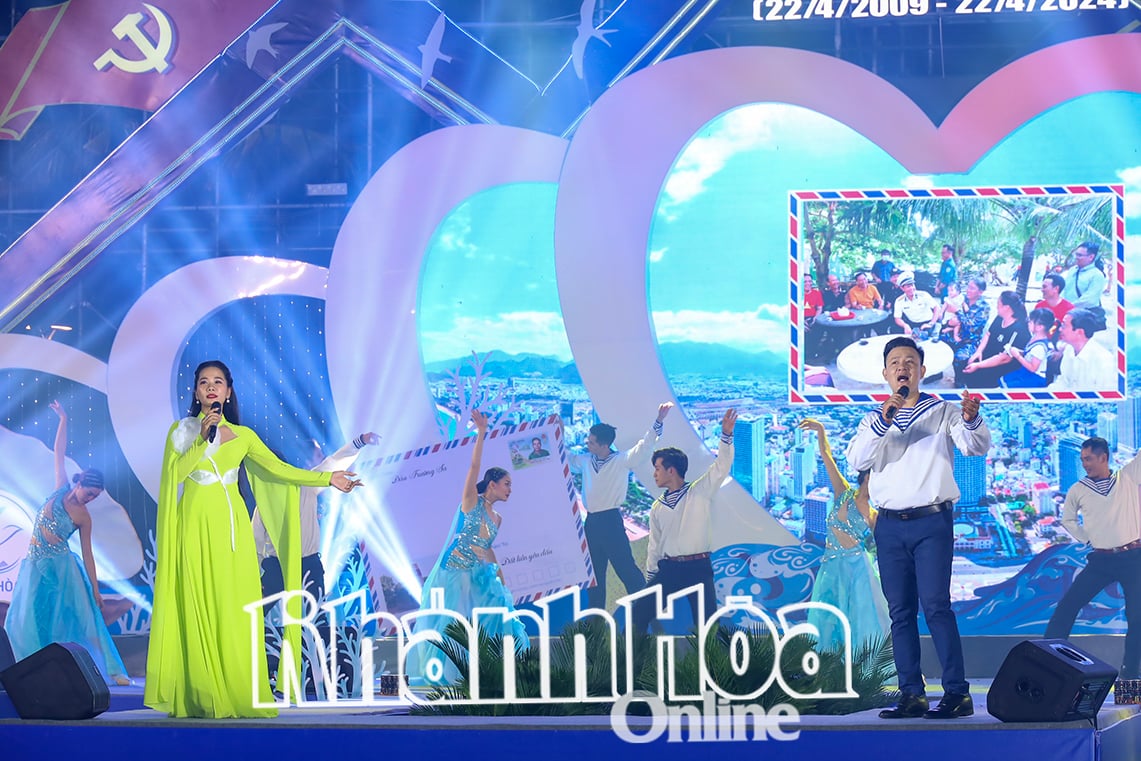
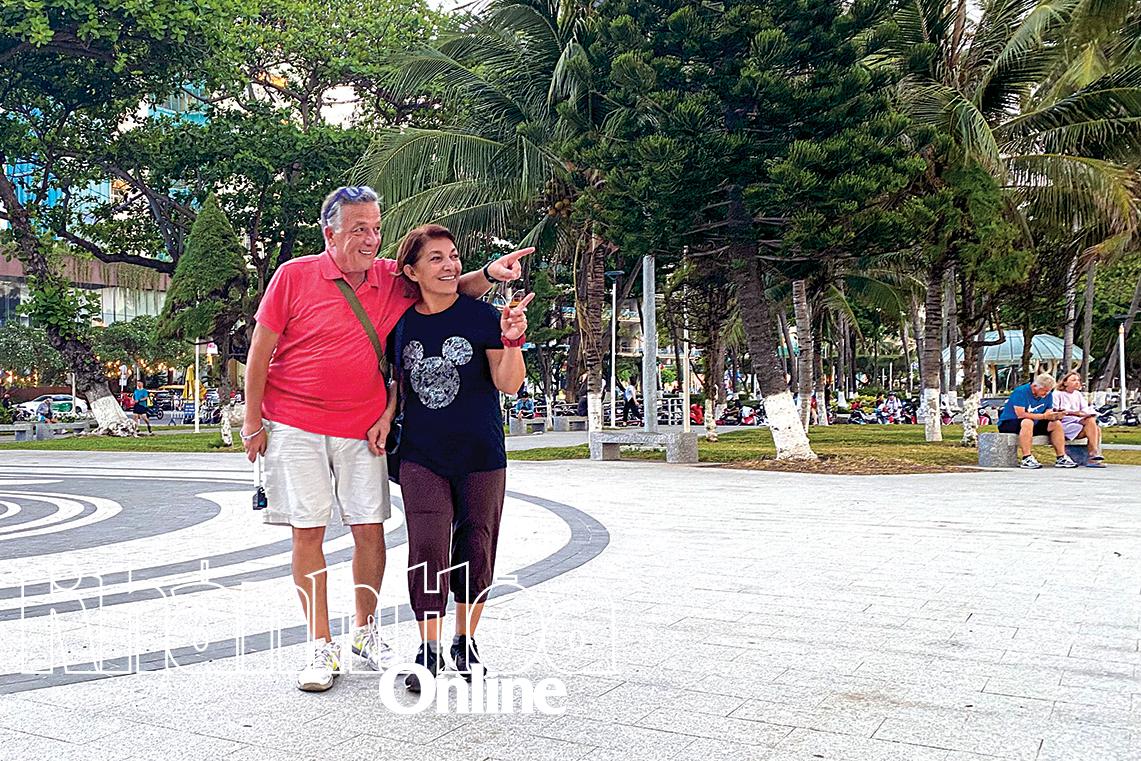











Comment (0)